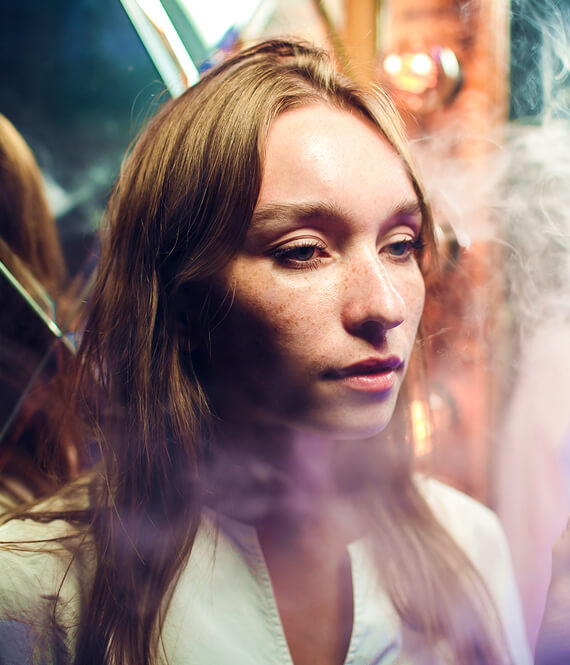
7 Ways Your Lifestyle Affects Your Sleep
We recommend helpful products in our articles. Read our full disclosure here. The content on this website is not intended to be a substitute for professional advice, diagnosis, or treatment.

People sacrifice their snooze time at night to accommodate their fast-paced lifestyle.
It seems that giving up a few hours of sleep time is acceptable to many, especially if they have an exam, a TV series to catch up on, or even just to chill and relax with friends and family.
However, this perpetual lack of slumber can take a toll on your health.
Studies have shown that sleep deprivation can increase your risks for many health conditions, including obesity, diabetes, and even coronary heart disease.
In this article, read on if you’re interested how your lifestyle can negatively affect your sleep!
7 Ways Your Lifestyle Affects Your Sleep
1. Too Much Tech Time
If there’s one thing that can affect your sleep pattern, it’s light.
For thousands of years, the biological clock of the human species demanded that when it’s dark, it’s time to sleep.
When there’s light, it’s time to wake up.
The invention of electricity and all the technological devices caused people to spend more of their time, often after work, on all sorts of electronic appliances and gadgets.
Along with this nighttime exposure to light-emitting phones, television screens, tablets, laptops, and even the LED signs from advertising billboards comes the growing number of people who have trouble falling asleep at night.
So, if you want to increase your snooze time, you better stay away from the TV and other gadgets, at least, two to three hours before your bedtime.

2. Social Media Overload
Another cause of insomnia, especially in teenagers, is spending too much time on social media until the wee hours of the morning.
As mentioned above, the light coming from the gadgets can affect your circadian rhythm that regulates your sleep.
However, the presence of light is not the only reason you’re not falling asleep.
Anxiety, which can be caused by fear of missing out (FOMO) or stress from social media posts, can also rob you of your sleep.
Sometimes, information overload from the Internet can trigger panic attacks for those who have anxiety disorder already.
Again, creating a calming environment is vital for your sleep.
Stay away from your gadget, especially before bedtime.
By doing calming exercises and meditation, you promote good sleep.
3. Unhealthy Habits
You probably know that alcohol and nicotine could lead to dreaded diseases… However, many people think that smoking calms them down, and drinking a couple of bottles of beer before bedtime helps them fall sleep.
These may be true.
However, smoking and alcohol affect sleep, both in terms of quality and quantity.
A study found in the Journal of Sleep states that nicotine, especially when consumed within 4 hours before bedtime, can slash your overall snooze time by 40 minutes.
Meanwhile, alcohol can, indeed, help you sleep faster.
Many do drink wine or a couple of bottles of beer to help them doze off at night.
But alcohol processing in the body can act as a stimulant and wake you up earlier than necessary.
If you binge drink, you’ll, indeed, have to get out of bed a lot to relieve yourself, thereby disrupting your sleep.
4. Midnight Snacking
What goes best with watching TV at night?
A bottle of beer and some midnight snacks, of course!
But, these are a double or even a triple whammy that can wreak havoc on your restful nighttime slumber.
You already know that alcohol and light from the TV can affect the quality of your sleep.
Did you know that what you eat for your late-night snack could also prevent you from catching forty winks?
Aside from alcohol and coffee, it would help if you also avoided carbonated drinks because these can trigger acid reflux, preventing you from going to sleep.
Many of the things that people usually crave while watching TV at home are generally not good for you because these will make you overweight and affect your nap time.
But, if you must eat, grab some nuts like almonds and walnuts because these promote sleep.
Just ensure that you limit your food intake to about 150-200 calories.

5. Intense Dieting
If you’re in an intense type of diet, especially one that’s calorie-restrictive, you might experience hunger pangs at night.
Having hunger pangs is your brain’s way of telling you that your body needs food to fuel the necessary bodily functions.
So, sleeping with an empty tummy is almost close to impossible.
If you’re on a very restrictive diet and notice that no matter how much you starve yourself, you’re not losing any pounds, then it may be time to reconsider a new diet plan.
The one you’re on may be causing your sleepless nights, which may negatively affect your fat metabolism.
Whether you’re on a very limiting diet or just hungry, you can still have a midnight snack to ease your hunger.
Just make sure that you choose healthy snacks to satiate your hunger and, at the same time, promote sleep.
6. Jet Lag
Many people work hard so that they can travel the world anytime.
There’s no problem with such indulgence because you need to treat yourself occasionally (you know, to keep your sanity and eliminate stress).
However, if you already have insomnia, you may want to think twice about traveling to places with different time zones.
If you have loads of money and can travel from Hawaii to Paris in one week, that’s great, but you’re not doing any favors for your body.
You see, changing time zones can cause jet lag, especially for older adults.
It can affect the quality of your sleep.
If you really must travel worldwide like Carmen Sandiego, you must plan your trip accordingly to minimize jet lag and not disrupt your body clock and sleeping pattern.
7. Thrills and Chills
Watching or reading horror and thriller stories is exciting and gives you thrills and chills.
It’s a fun way to de-stress or enjoy time with friends and family.
The best time to watch or read a spooky tale?
Of course, before bedtime until the wee hours of the morning.
This treat, however, could potentially disrupt your sleep.
For one, horror movies can give you an adrenaline rush that could keep you awake all night.
Those who aren’t horror fans might even experience anxiety or nightmares as scary thoughts may haunt them as they close their eyes to sleep.
Don’t read or watch horror stuff, at least, two to three hours before your bedtime.
Final Thoughts
If you have trouble catching a snooze at night or wake up feeling tired, you may want to look closely at your lifestyle.
The things that you love to do may be the cause of your sleeplessness or disturbed bedtime, and some of them might be worth getting rid of.
Like these tips?
Scroll down for more!
"We love to research problems, examine studies, analyze solutions, and share with you ideas that make life healthier. You can learn about us and our editorial standards here. Have suggestions or feedback to share? Send us a message!."



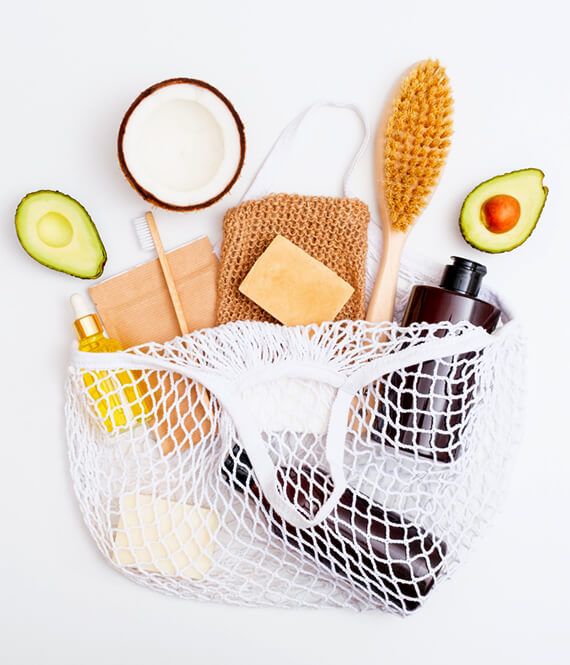
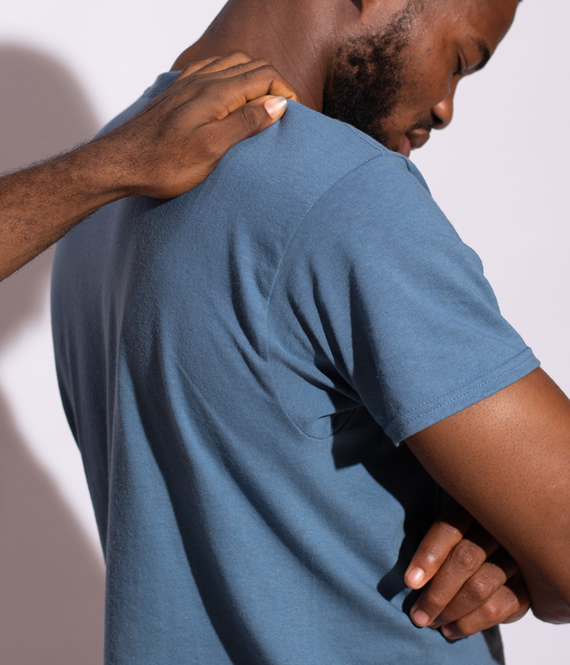

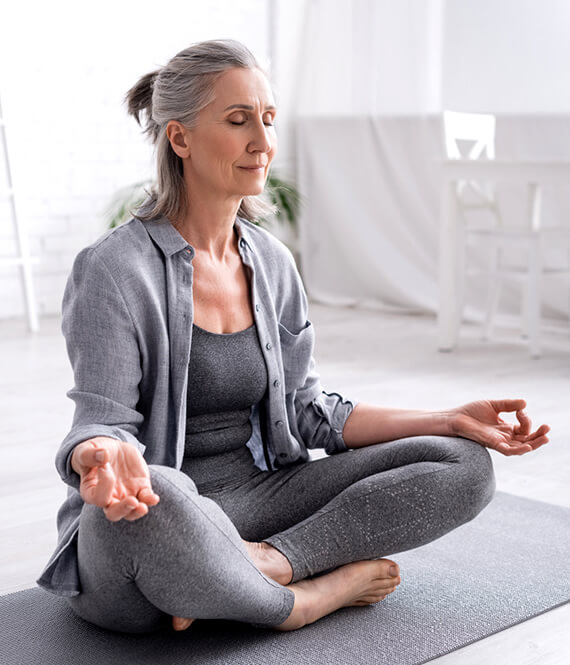


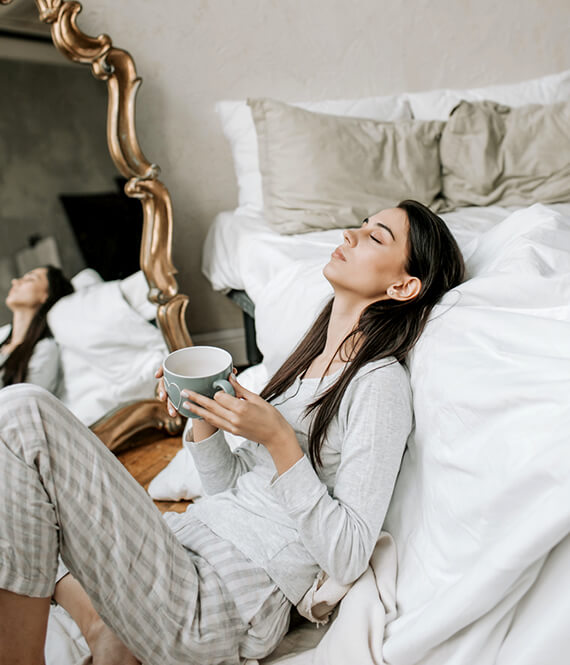

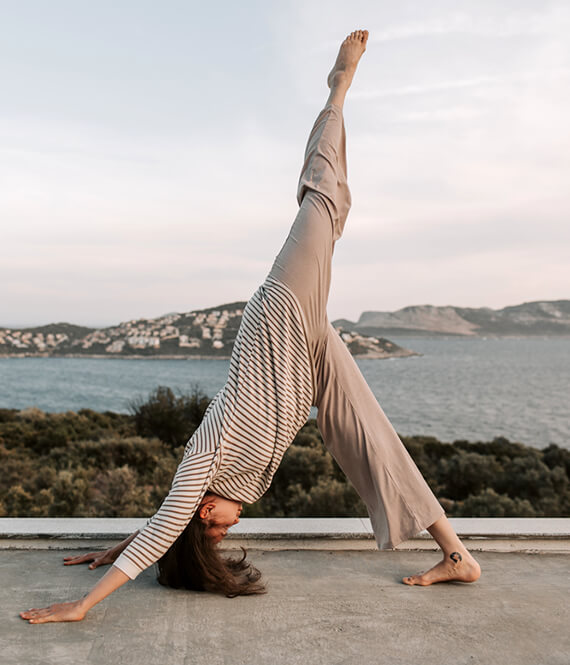

Leave a Comment